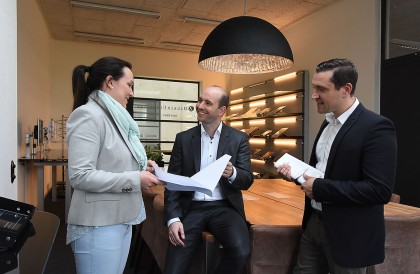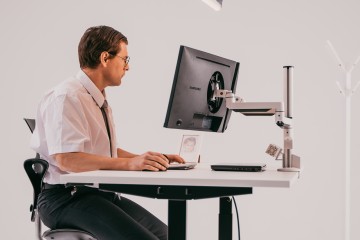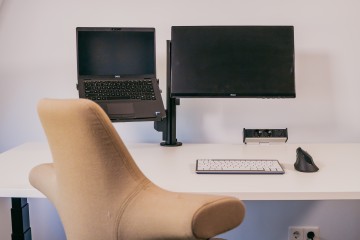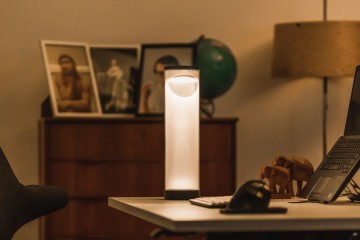Our solutions
By workplace
By function

BakkerElkhuizen specializes in developing high-end, ergonomic hard and software solutions that contribute to the physical and mental wellbeing of computer users.

It is sometimes difficult to determine where the absenteeism within a company...

The hybrid employee whose primary workplace is a fixed and individual workplace...

The hybrid employee with a flexible workplace in the office shares this with...

The office will increasingly focus on creative collaboration and knowledge...

The fully mobile employee works very flexibly. A primary workplace cannot be...

The hybrid worker who mainly performs his work at home must have equipment that...

Culture is created through consistent and authentic behaviours. You can watch company culture in action when you see how a CEO responds to a crisis, how a team adapts to new customer demands, or how a manager corrects an employee who makes a mistake.
Need help? We're here for you
Look at our FAQ or contact us
Many customers preceded you
Read about their experience with BakkerElkhuizen